Breaking
- MENU
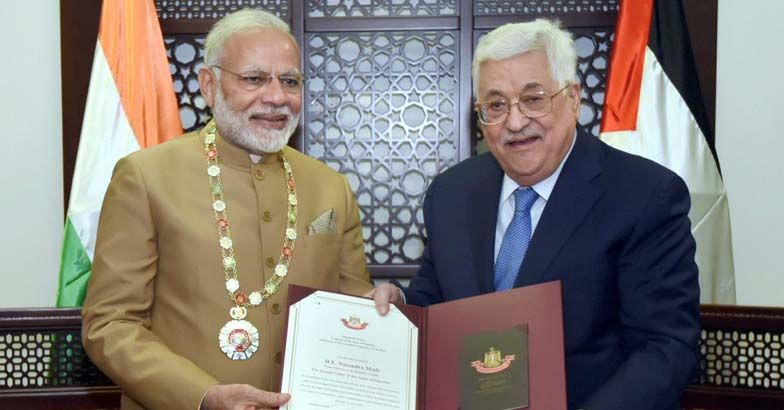
On February 10, 2018, Prime Minister Narendra Modi visited Palestine, nine months after Palestinian President Mahmoud Abbas visited India. This was the first prime ministerial visit to Palestine, though Prime Minister Jawaharlal Nehru had visited the then Egypt-controlled Gaza Strip in 1960. Notably, President Abbas has visited New Delhi five times since taking office in January 2005.
Accompanied by his Palestinian counterpart Rami Hamdallah, Prime Minister Modi paid tributes to Yasser Arafat museum and honoured the leader, popularly known as Abu Ammar. Modi acknowledged Arafat’s “unprecedented contribution” to the Palestinian struggle and called him a “distinguished friend” of India. After the wreath laying ceremony the prime minister joined Abbas at the Presidential compound, known as Muqa’ata, and was conferred the Grand Collar of the State of Palestine in recognition of Modi’s contribution in promoting relations between India and Palestine and in acknowledgment of his support to people’s right to independence and freedom. This is the highest Palestinian order given to foreign dignitaries and has been previously awarded to King Salman of Saudi Arabia, King Hamad of Bahrain, and President Xi Jinping of China among others. Then Prime Minister Modi addressed a joint press conference and said that he accepted this award on behalf of 1.25 billion Indians.
Modi held bilateral talks with Abbas and discussed a range of issues including Arab-Israel peace process and other developments in the region. Modi reiterated the policy of de-hyphenating Israel-Palestine and assured President Abbas that India is committed to support the struggle of the Palestinian people and hopes for peace and stability in the region. Reflecting on this former Indian ambassador to the US Nirupama Rao emphasized that through the stand alone option, India wants to maintain closer ties with Israel and Palestine and India’s December vote in favour of Palestine in the UNGA resolution criticizing the US for recognizing Jerusalem should not be seen as detraction from strategic and economic relations with Israel. Since coming to power in 2014, Modi pursued a policy of de-hyphenating Israel and Palestine and this became pronounced when he visited Israel in July 2017 without visiting Palestine.
The visit to Palestine balanced the equation as he did not visit Israel or Jerusalem during the trip and instead transited from Jordan where he met Jordanian King Abdullah II and discussed the regional developments. During this visit Modi deviated from the traditional Indian call for “united and viable” Palestine but only mentioned that India hopes that Palestine soon becomes a “sovereign and independent” state. He did not say anything on the question of border or East Jerusalem. Traditionally, India supported the creation of an independent Palestine within 1967 borders with East Jerusalem as its capital and this required Israeli withdrawal from the West Bank and East Jerusalem. The stand had been reiterated by President Pranab Mukherjee in October 2015 and Prime Minister Manmohan Singh in September 2012 as well as by Modi in the BRICS summit in July 2014. India dropped this when Modi hosted Abbas in May 2017. Modi emphasized that India believes that a permanent solution to the issue of Palestine can be reached through negotiations and understanding and reasserted India’s faith in diplomacy and judiciousness which can lead to freedom from the prevailing cycle of violence.
Modi reiterated support for the nation building efforts in Palestine and stated that as an old ally of Palestine, India has been cooperating in areas of training, technology, infrastructure development, project assistance and budgetary support. Some recent Indian initiatives include Technology Park Project in Ramallah to enhance employment skills and provide services to Palestinian youth; collaboration in setting Institute of Diplomacy to train young Palestinian diplomats; capacity building cooperation involving mutual training for long and short term courses; and scholarship for Palestinian youths in leading Indian educational institutions of finance, management, rural development and information technology. There was an exchange between youth delegation of India and Palestine in 2016 involving 50 youths and Modi announced that from this year the numbers would be doubled to hundred.
Six MoUs were signed during the visit worth US$50 million on projects related to health, education, women empowerment and printing press. A MoU was signed for setting up of 100-bed super specialty hospital at Beit Sahour in Bethlehem Governorate at a cost of US$30 million. An agreement was signed for the construction of Turathi, an India Palestine Centre for empowering women, at a cost of US$5 million. The third MoU seeks to set up a National Printing Press at Ramallah at a cost of US$5 million. Regarding education a MoU was signed for the construction of school in Muthalth Al Shuhada Village and Tamoon village in Tubas Governorate at a cost of US$1 million and US$1.1 million respectively and offered an assistance of US$250,000 for construction of additional floor to Jawaharlal Nehru School for Boys at Abu Dees.
Before the prime minster reached Palestine, President Abbas said that the discussion would be held on India’s role in the Middle East peace process and creation of a multilateral forum for negotiation with Israel. He also mentioned that bilateral relations and regional situation would be the focus of talks. Modi appreciated the remarkable courage and perseverance displayed by people of Palestine in face of adversities like “instability and insecurity.” Abbas emphasized on the important role India can play in resolving Israel-Palestine problem owing to its emergence as a “respected country in international arena” and stated that Palestine is ready for negotiations and believes that multilateral international mechanism is the best way to sponsor negotiations. Abbas said that Palestine relies on India due to its large stature and international voice due to its role in NAM, other international forums and its growing power in strategic and economic sector. Apart from political and domestic aspects of India Palestine relations, India sees Palestine as an important security partner and looks for cooperation on counter terrorism as flagged by Joint Secretary (WANA) B Bala Bhaskar.
The Qatar-based Al-Jazeera mentioned that Modi’s visit to Palestine is an effort to ‘balance’ Indian foreign policy in Middle East as the visit comes a month after the six-day visit of Israeli Prime Minister Benyamin Netanyahu to India. Palestine Chronicle felt that de-hyphenated policy of India is at odds with Indian struggle against the British. The Independent mentioned that Palestinians should not embrace Modi’s gesture as India buys 41 per cent of total Israeli arms export. Upon the conclusion of his Palestine Prime Minister Modi headed for the UAE and Oman before returning home on 12 February.
_____________________________________________________
As part of its editorial policy, the MEI@ND standardizes spelling and date formats, to make the text uniformly accessible and stylistically consistent. The views expressed here are those of the author and do not necessarily reflect the views/positions of the MEI@ND. Editor, MEI@ND: P R Kumaraswamy
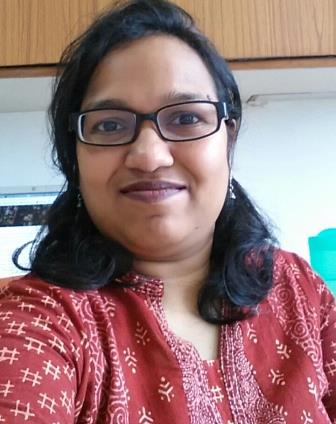
Lakshmi Priya is a Research Analyst at the Manohar Parrikar Institute for Defence Studies and Analyses, New Delhi. She has a Ph.D. in West Asian Studies from Jawaharlal Nehru University and her doctoral thesis was on Status of Women in Syria under Hafiz al-Assad, 1970-2000 and she wrote her M. Phil dissertation on India’s Relations with Syria, 1991-2008. Her research interests include domestic and foreign policy of Syria, Indo-Gulf relations and gender and feminist discourse in the Middle East. Before joining MP-IDSA, she was a researcher with the Indian Social Institute, New Delhi, and has worked at the Office of the Cultural Attaché, Embassy of the Kingdom of Saudi Arabia, New Delhi. She has also worked as an editor for Delhi-based Arihant Publishers. Dr. Priya has a Masters in Arabic from the School of Languages in JNU and is fluent in English, Hindi and Arabic. In addition to West Asian studies, she has an interest in international relations and political theory. She has published research articles Social Action, Journal of South Asian and Middle Eastern Studies and Journal of West Asian Studies She regularly contributes articles and commentaries on contemporary developments in the Middle East.
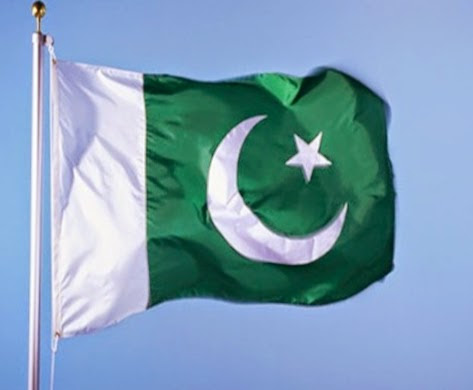
POLITICAL ISSUES IRAN 1.Senate Chairman meets Rouhani; discusses Kashmir issue Islamabad, Monday,.....
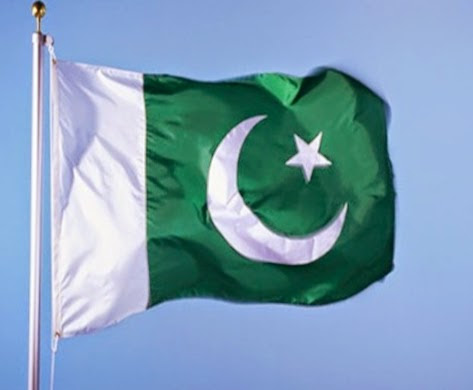
POLITICAL ISSUES ARAB LEAGUE 1.Pakistan’s role in regional peace appreciated by Arab league Is.....
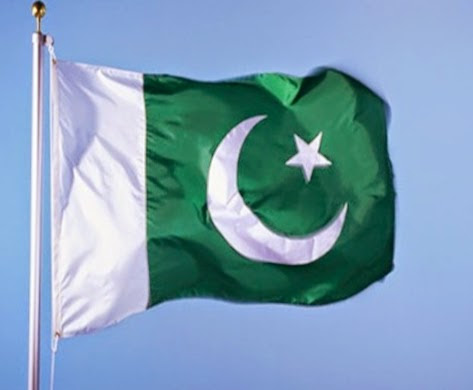
POLITICAL ISSUES BAHRAIN Bahrain health minister visits Pakistan Islamabad, Sunday, 8 .....
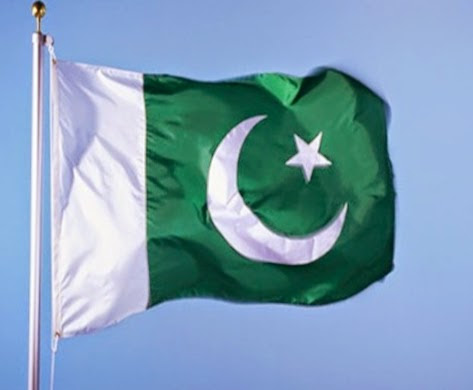
POLITICAL ISSUES EGYPT The Grand Mufti of Egypt visited Pakistan Islamabad, Thursday, 22 March 2018.....
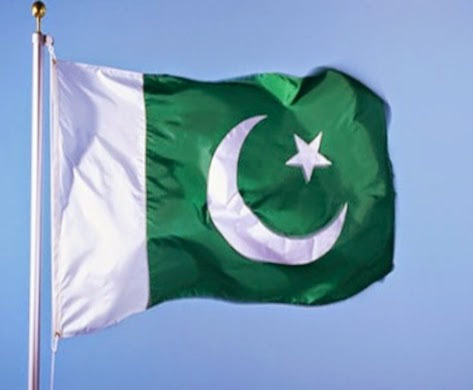
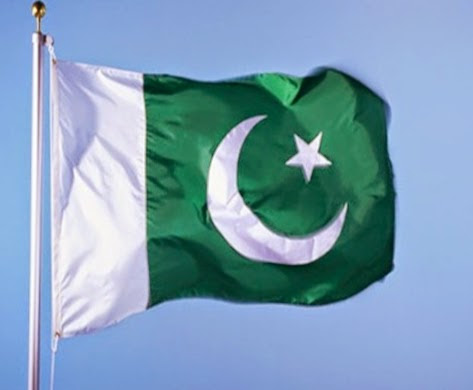
POLITICAL ISSUES QATAR Pakistan, Lebanon discuss bilateral ties Islamabad, Tuesday, 5 December 2017 .....
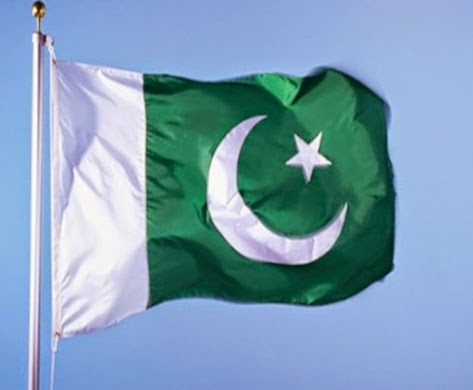
IRAN Defence Minister of Iran meets Pakistan’s Minister for Defence Engineer Islamabad, Saturday,.....
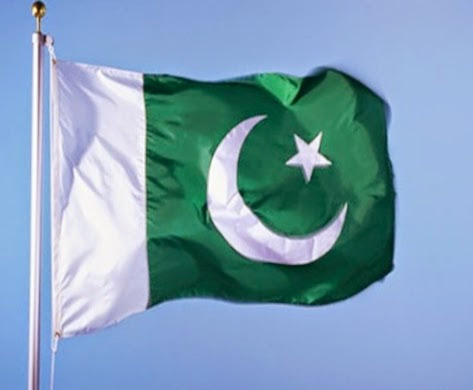
POLITICAL ISSUES LEBANON Pakistan, Lebanon discuss bilateral ties Islamabad, Tuesday, 2 January 2018.....
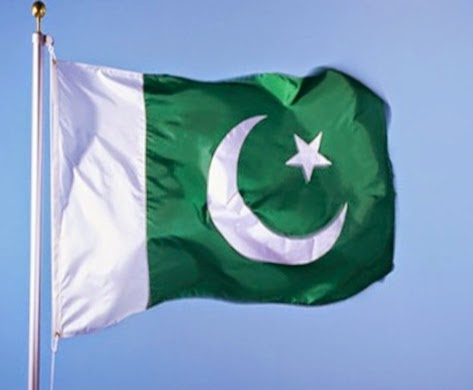
POLITICAL ISSUES EGYPT Six arrested Pakistanis released by Egypt’s court Islamabad, Wednesday,.....
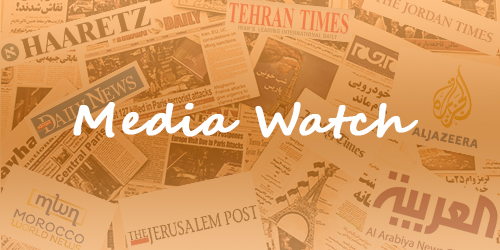
President Trump's decision on Jerusalem Note: US President Donald Trump’s decision of 6 December.....
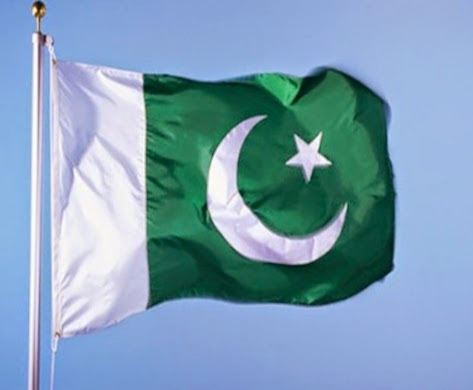
Pakistan Watch, August Issue 2018, No. 93, Divya Malhotra POLITICAL ISSUES TUNISIA Pakista.....
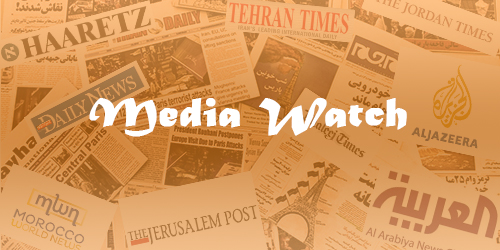
Note: The Joint Comprehensive Plan of Action, commonly known as the Iran Nuclear Deal was .....
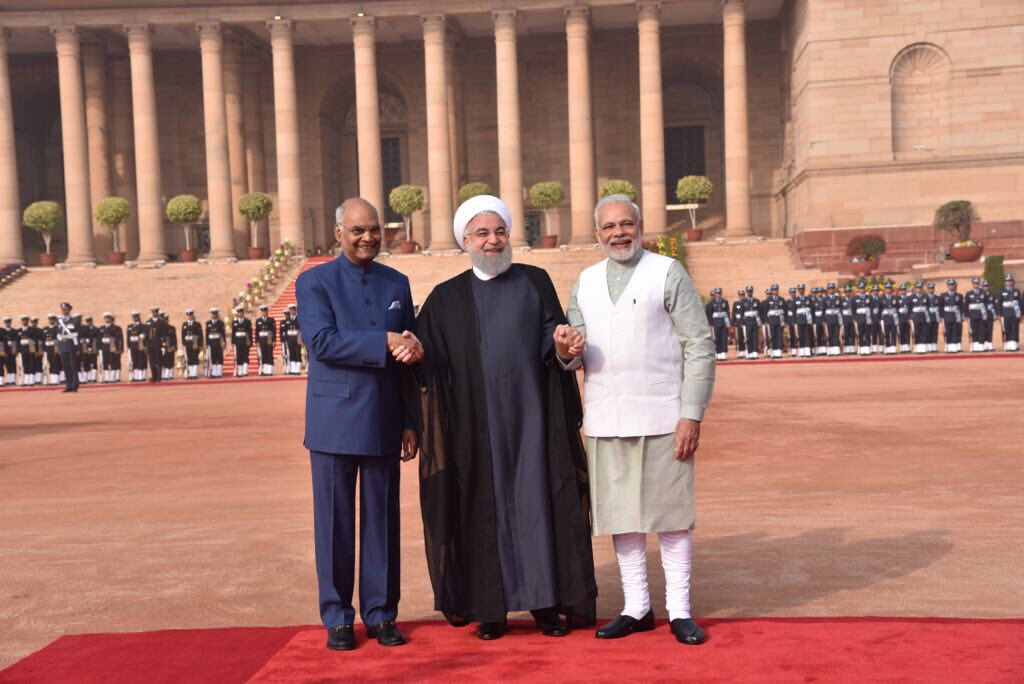
Note: During 15-17 February 2018, Hassan Rouhani, the President of the Islamic Republic of India, visited Indi.....
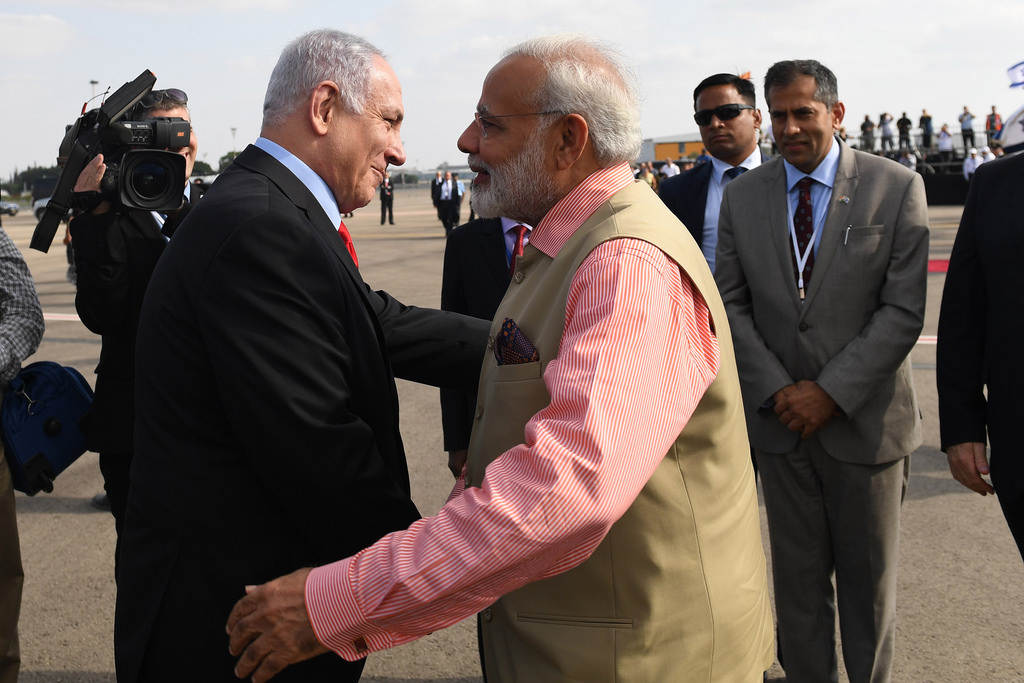
Note: Prime Minister Benjamin Netanyahu of Israel visited Israel during 14-16 January 2018. This was the secon.....
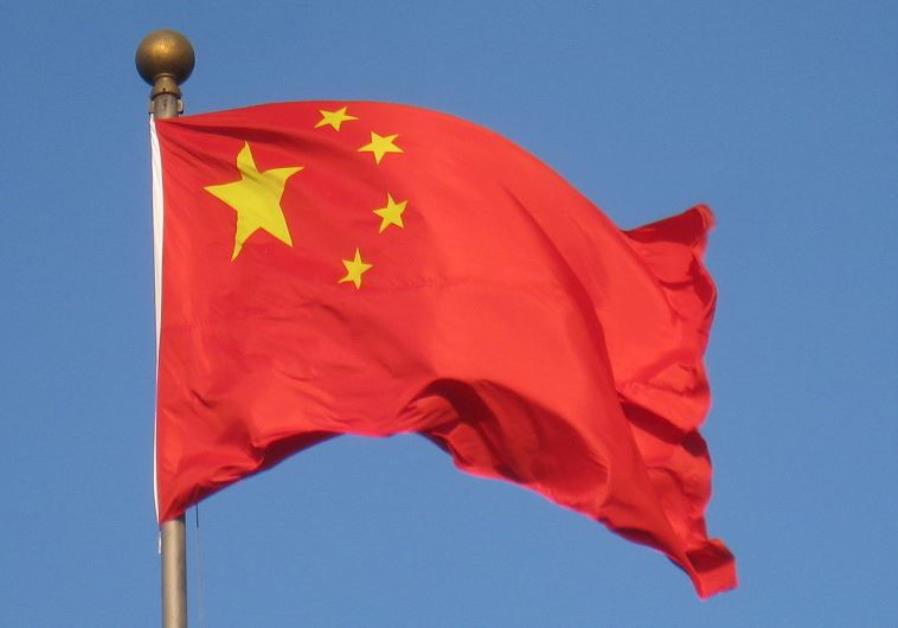
POLITICAL IRAN China urges Salvaging of Iran nuclear deal Beijing, Wednesday, 9 May 2018 China has.....
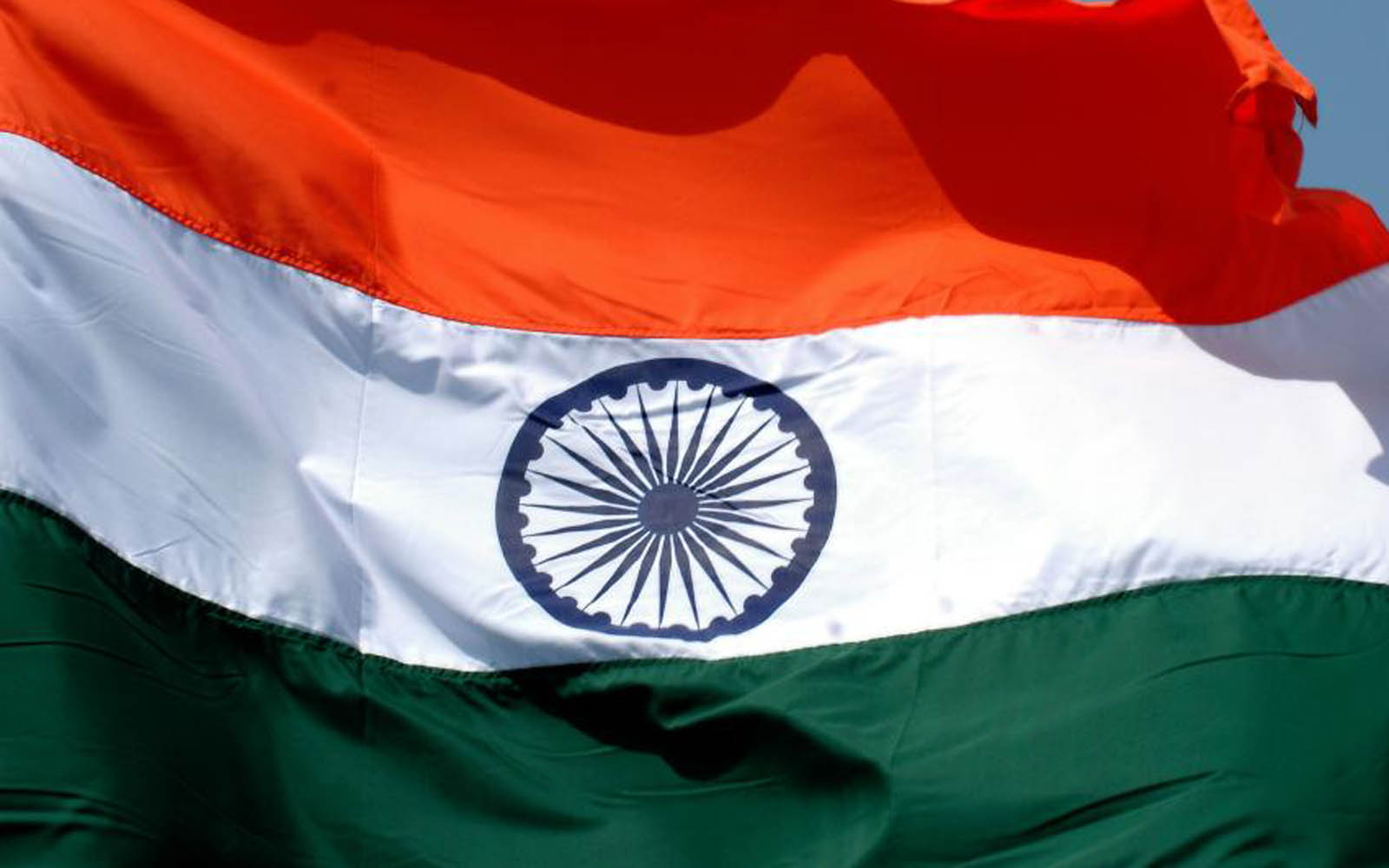
INDIA WATCH, JULY 2018, ISSUE NO. 102 POLITICAL IRAN US tells India, China to end o.....
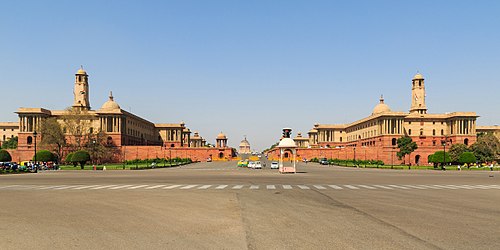
BILATERAL ISSUES BAHRAIN Visit of External Affairs Minister to Manama, Bahrain (July 14-15, 2018), New D.....
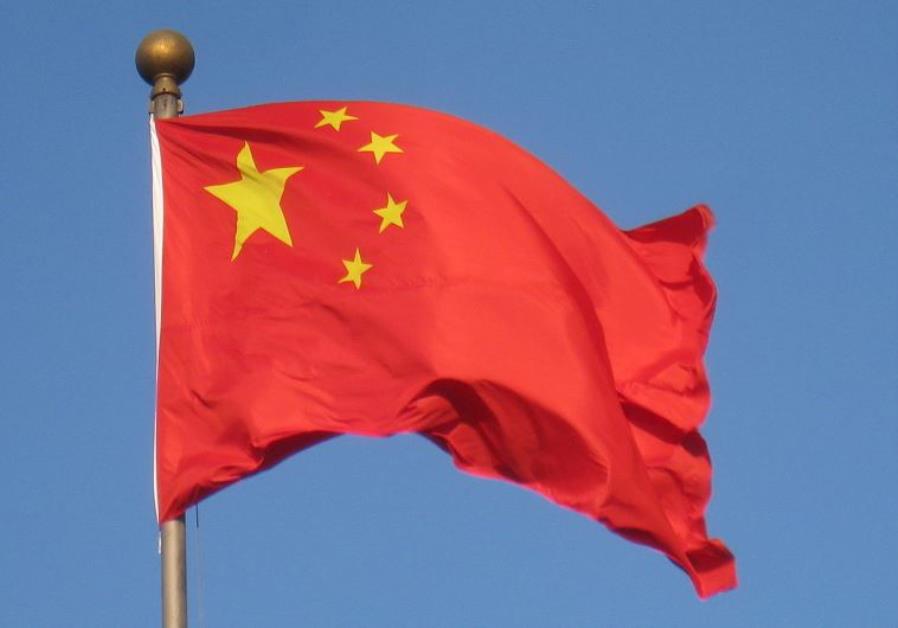
ECONOMIC KUWAIT Kuwait calls for increase in investment from China Kuwait City, Tuesday, 20 March 201.....
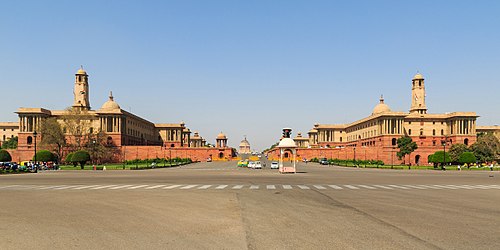
BILATERAL ISSUES BAHRAIN Cabinet approves MoU between India and Bahrain on cooperation in the field of H.....
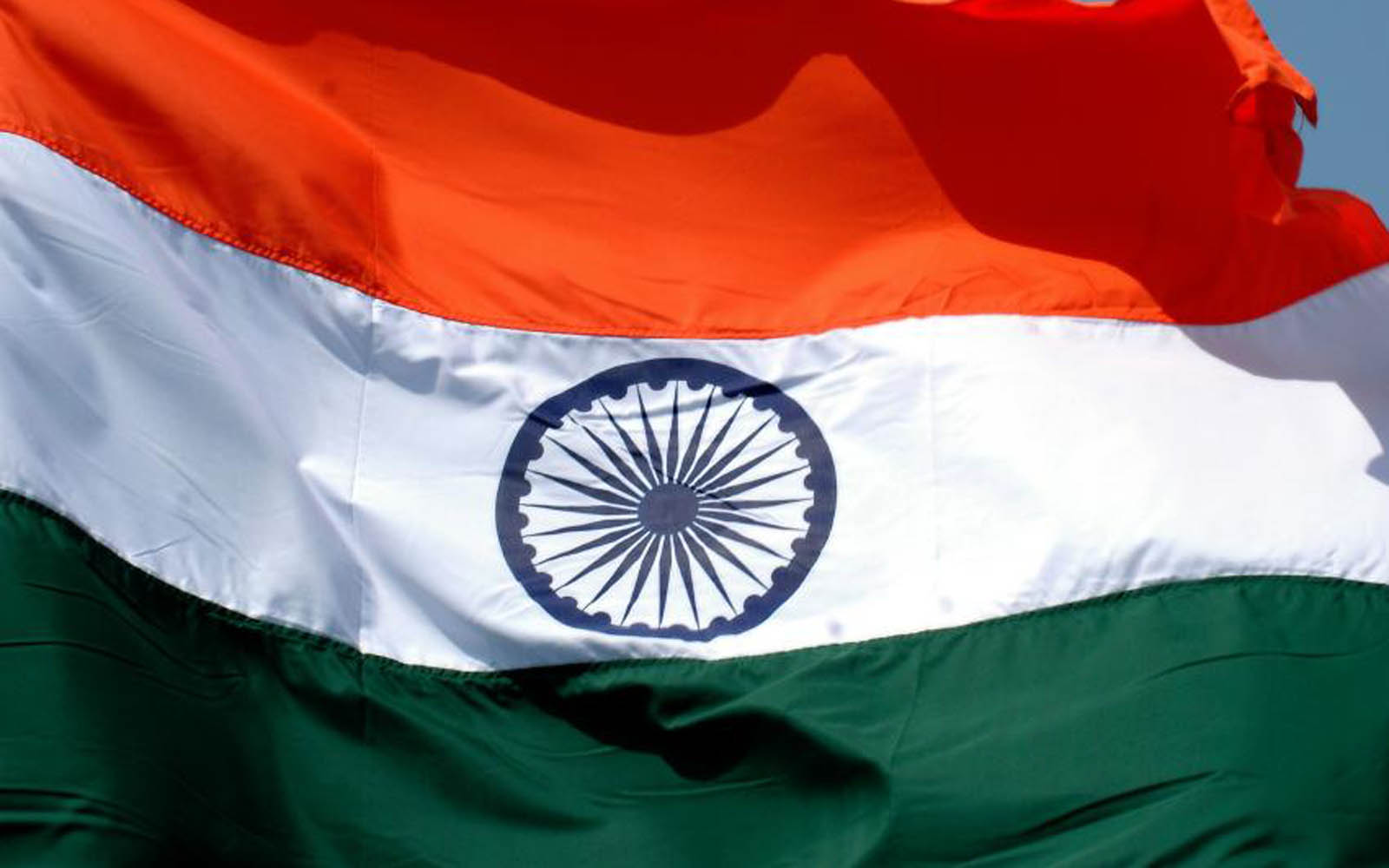
INDIA WATCH, JUNE 2018, ISSUE NO. 101 POLITICAL EGYPT India-Egypt economic ties improving: out.....
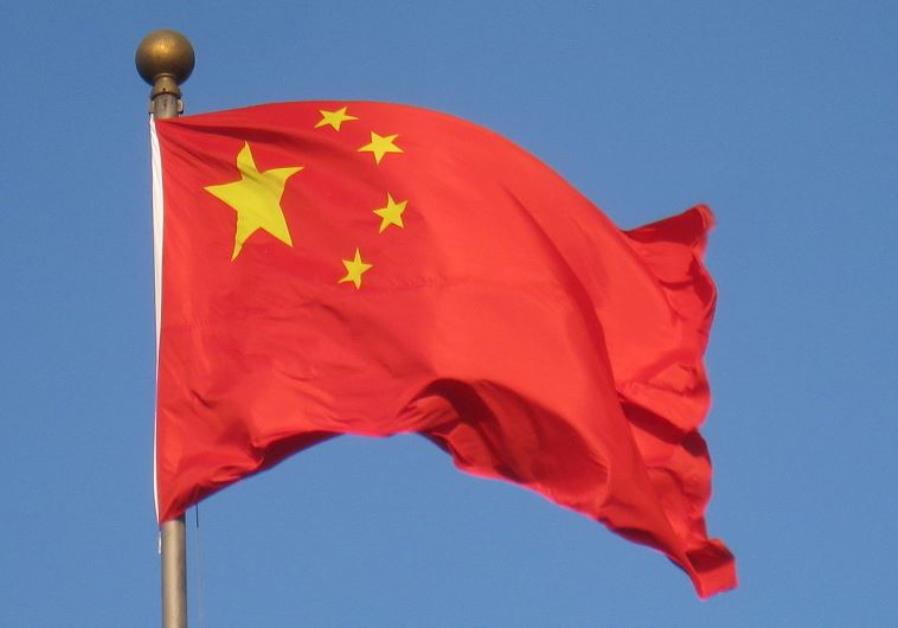
POLITICAL ISSUES IRAN China sets up traffic control area Beijing, Thursday, 1 February 2018 China .....
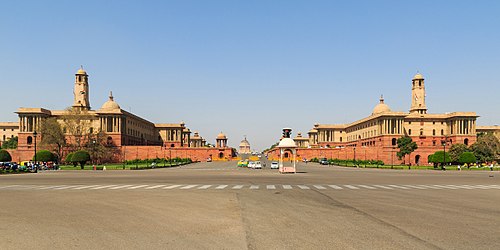
BILATERAL ISSUES IRAN External Affairs Minister’s meeting with Iranian Foreign Minister, New Delhi.....
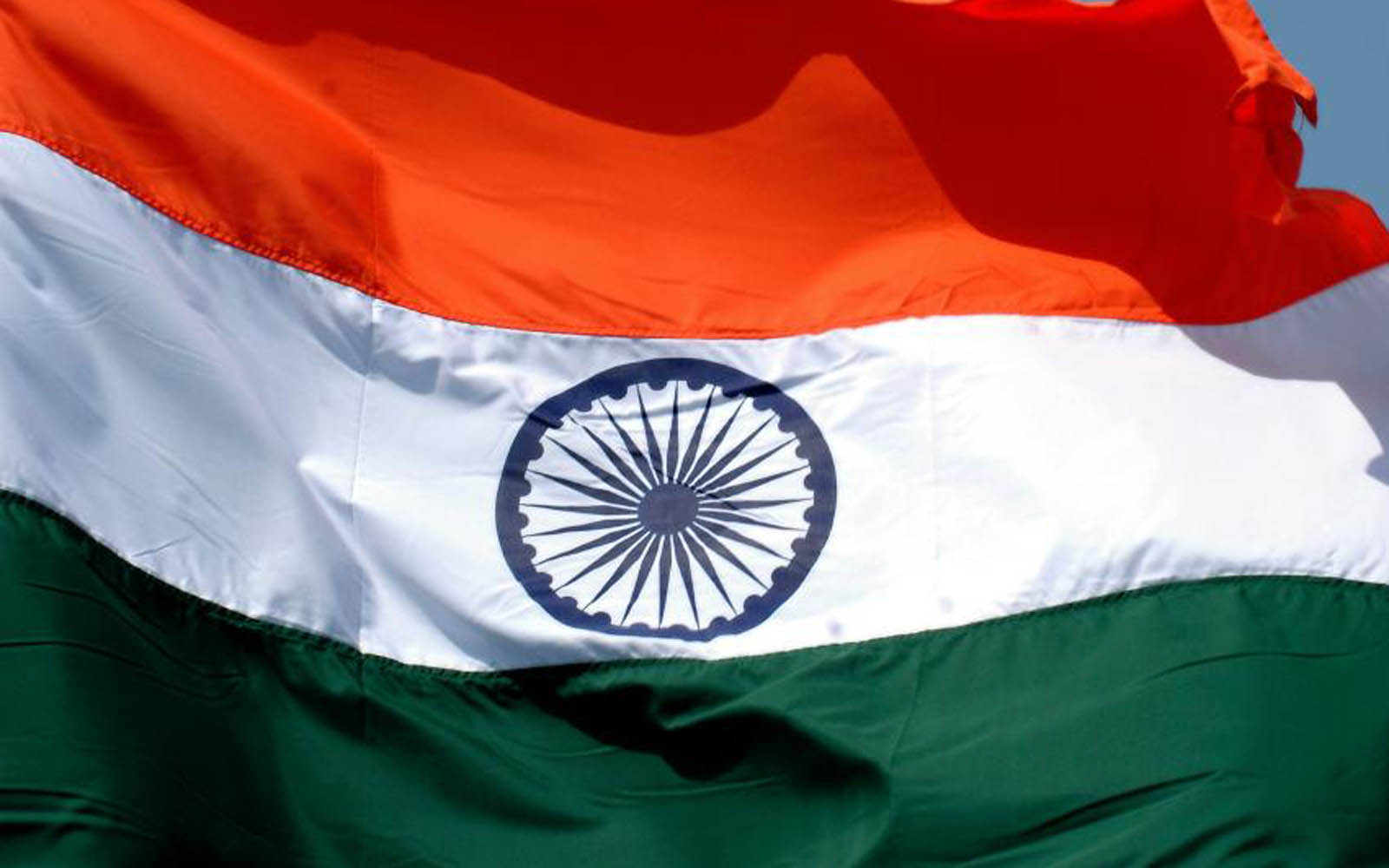
INDIA WATCH, MAY 2018, ISSUE NO.100 POLITICAL IRAN Iran urges for restraint in Jammu and Ka.....
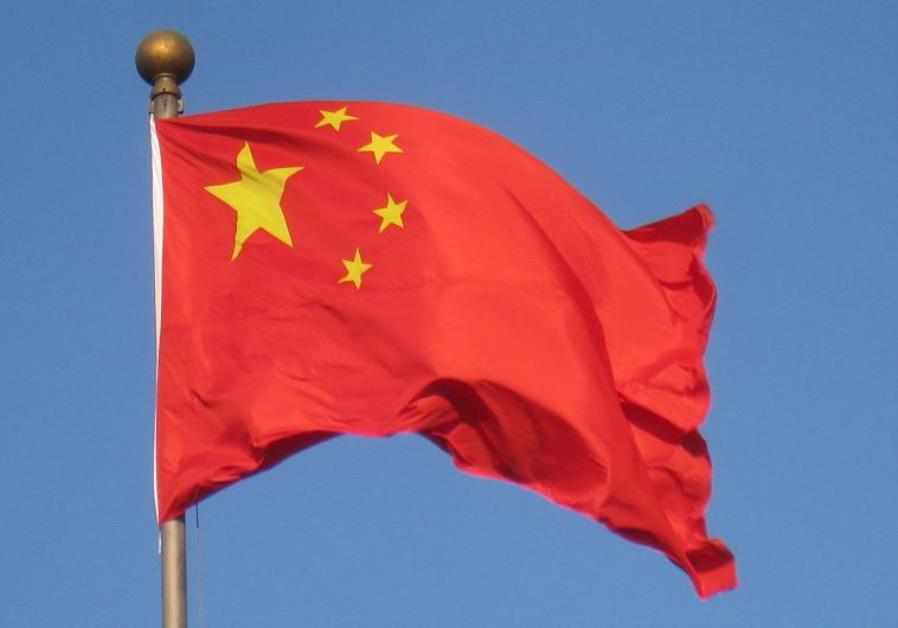
POLITICAL ISSUES IRAN China calls for cherishing Iran Nuclear Deal Beijing, Saturday, 13 January 2018.....
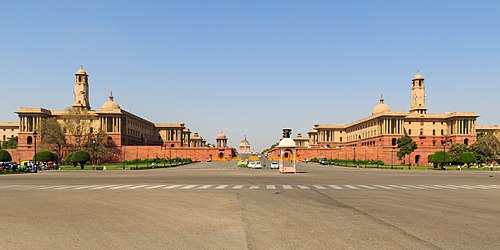
BILATERAL ISSUES IRAN Cabinet approves MoU between India and Iran on the establishment of an expert grou.....
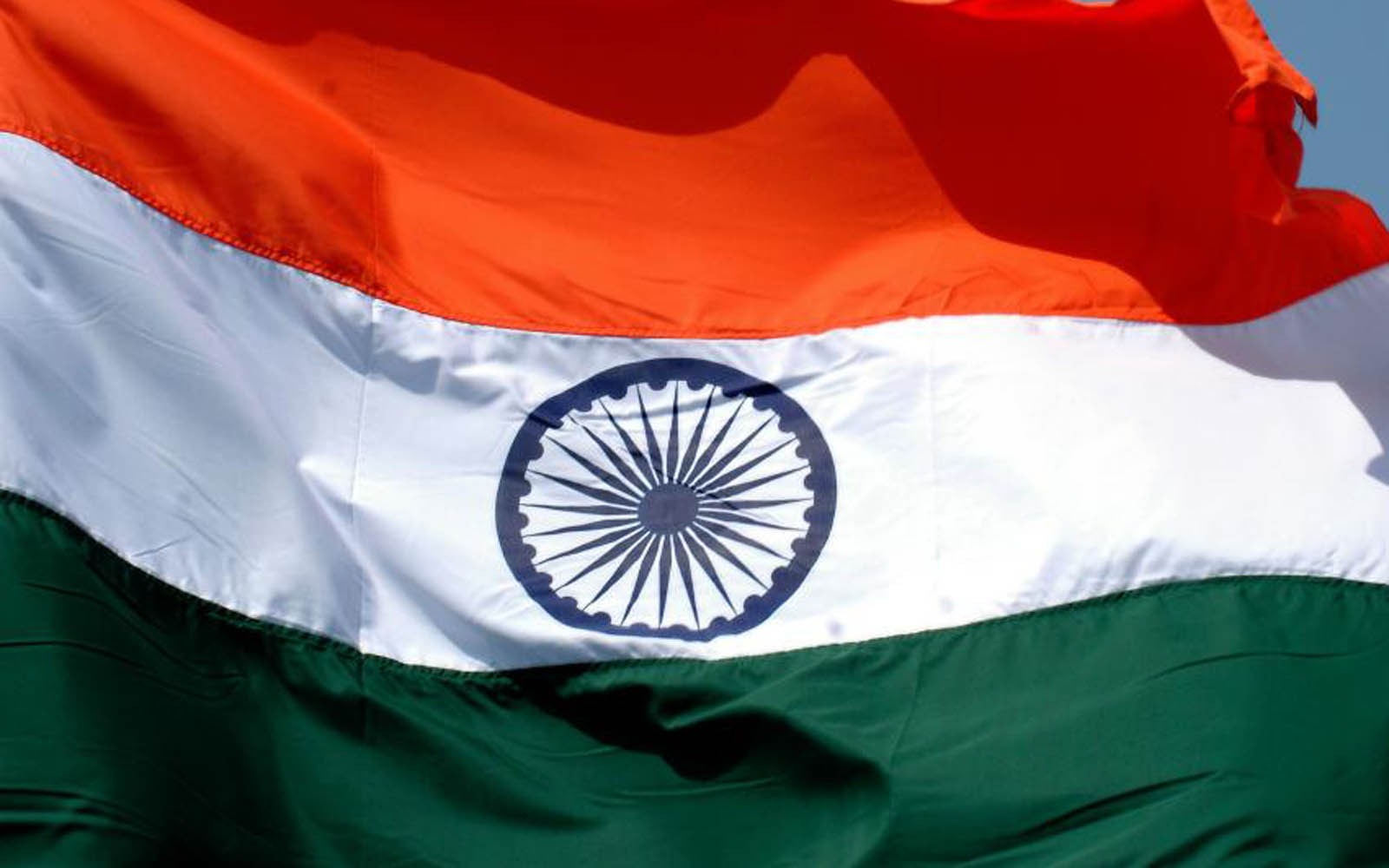
POLITICAL EGYPT Egypt signs agreement to join International Solar Alliance Cairo, Sunday, 11 March 20.....
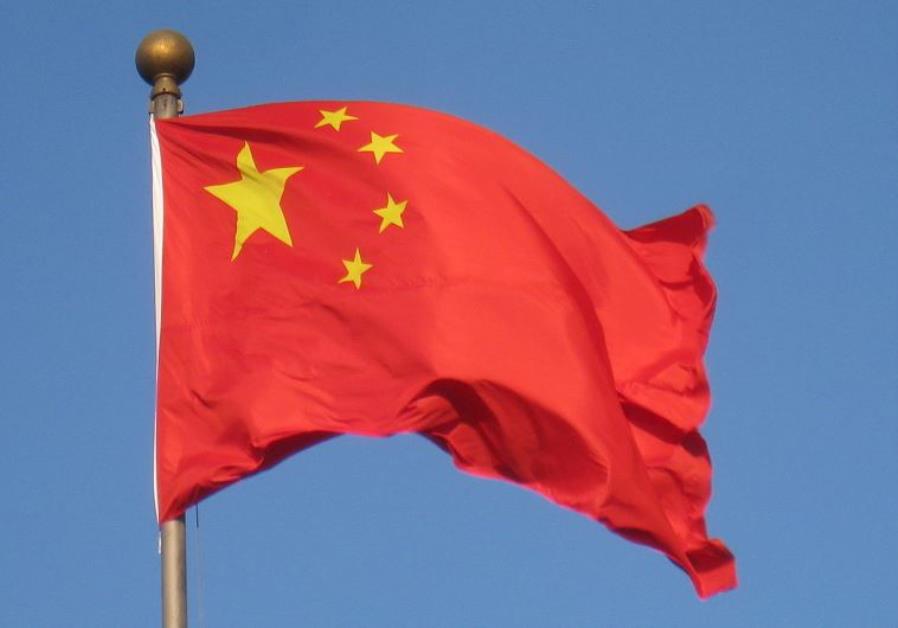
POLITICAL ISSUES IRAN Iran and China to boost their military relations Beijing, Tuesday, 12 December.....
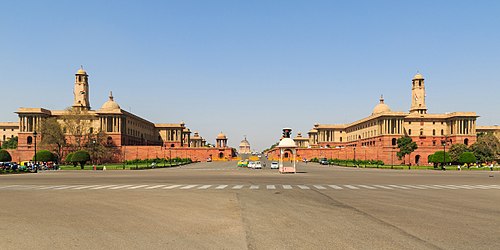
(Monthly Digest of Official Indian Statements on Middle East) BILATERAL ISSUES EGYPT Mr. Sameh Hassan.....
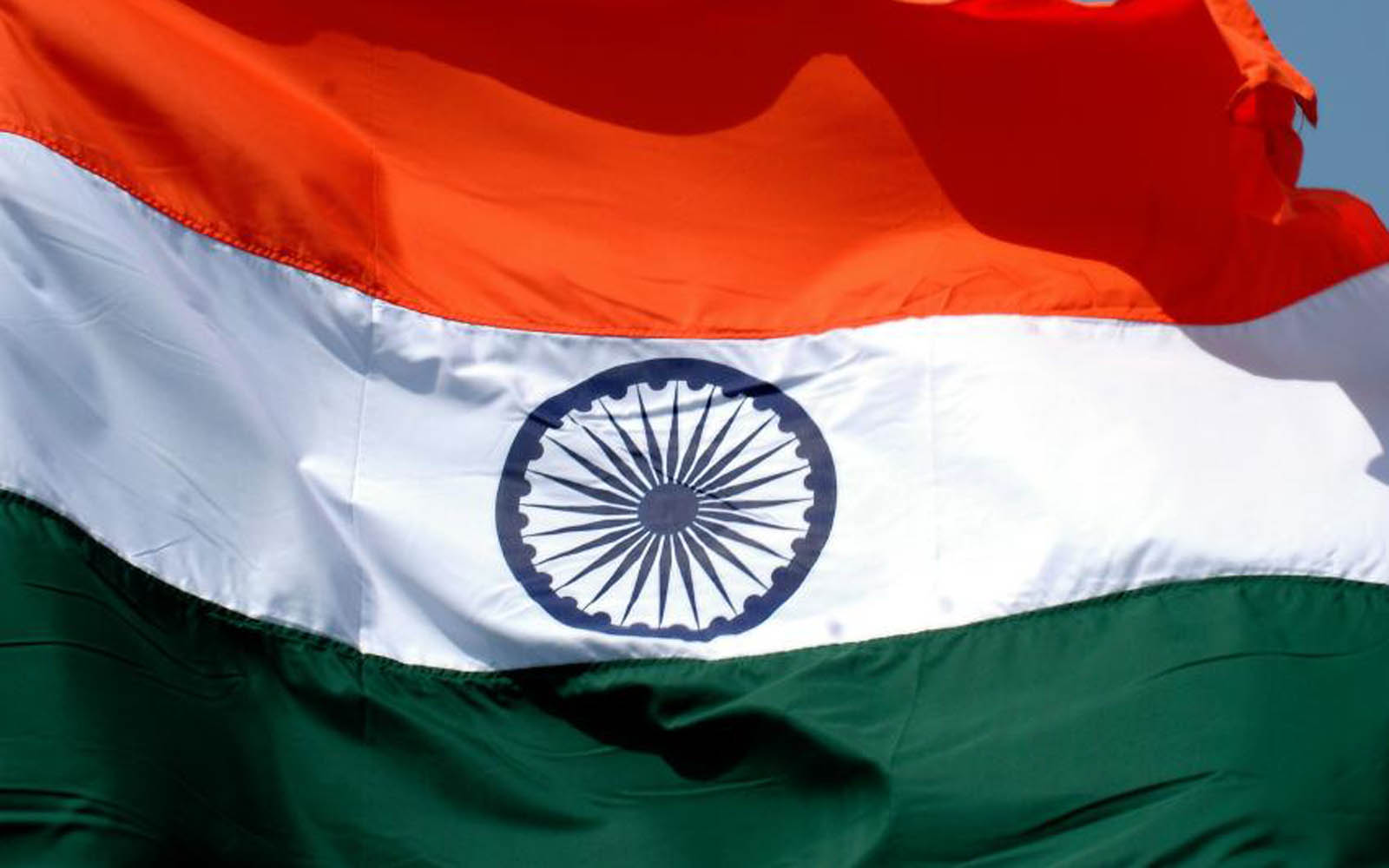
POLITICAL IRAN Iran president meets with religious scholars in Hyderabad Hyderabad, Friday, 16 Februa.....
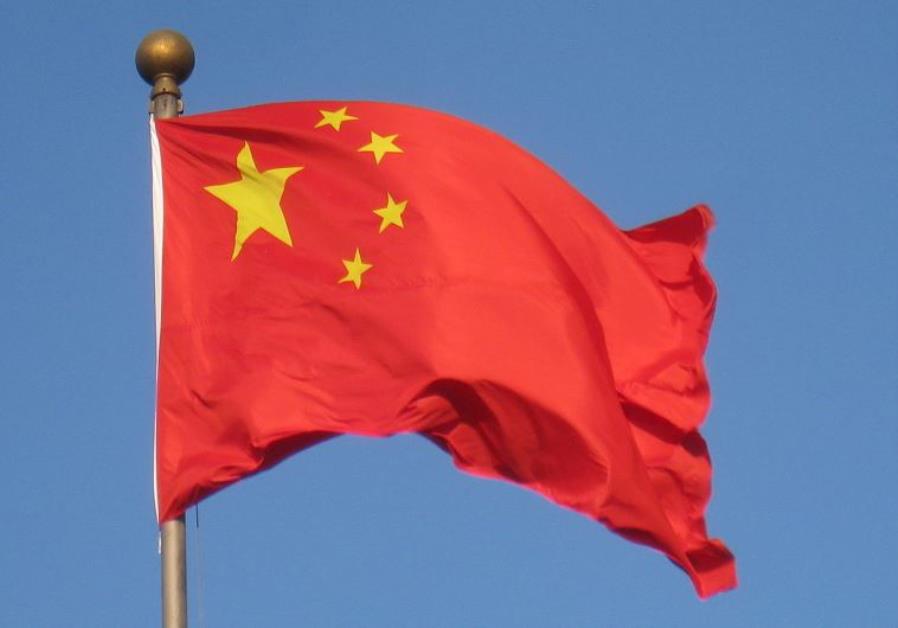
POLITICAL ISSUES EGYPT China-Egypt vows to promote comprehensive strategic partnership Sharm el Sheik.....
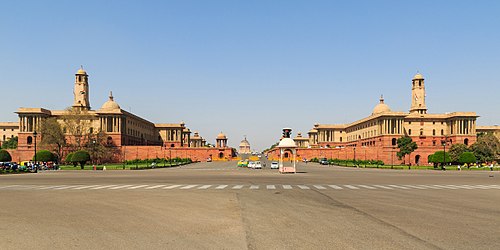
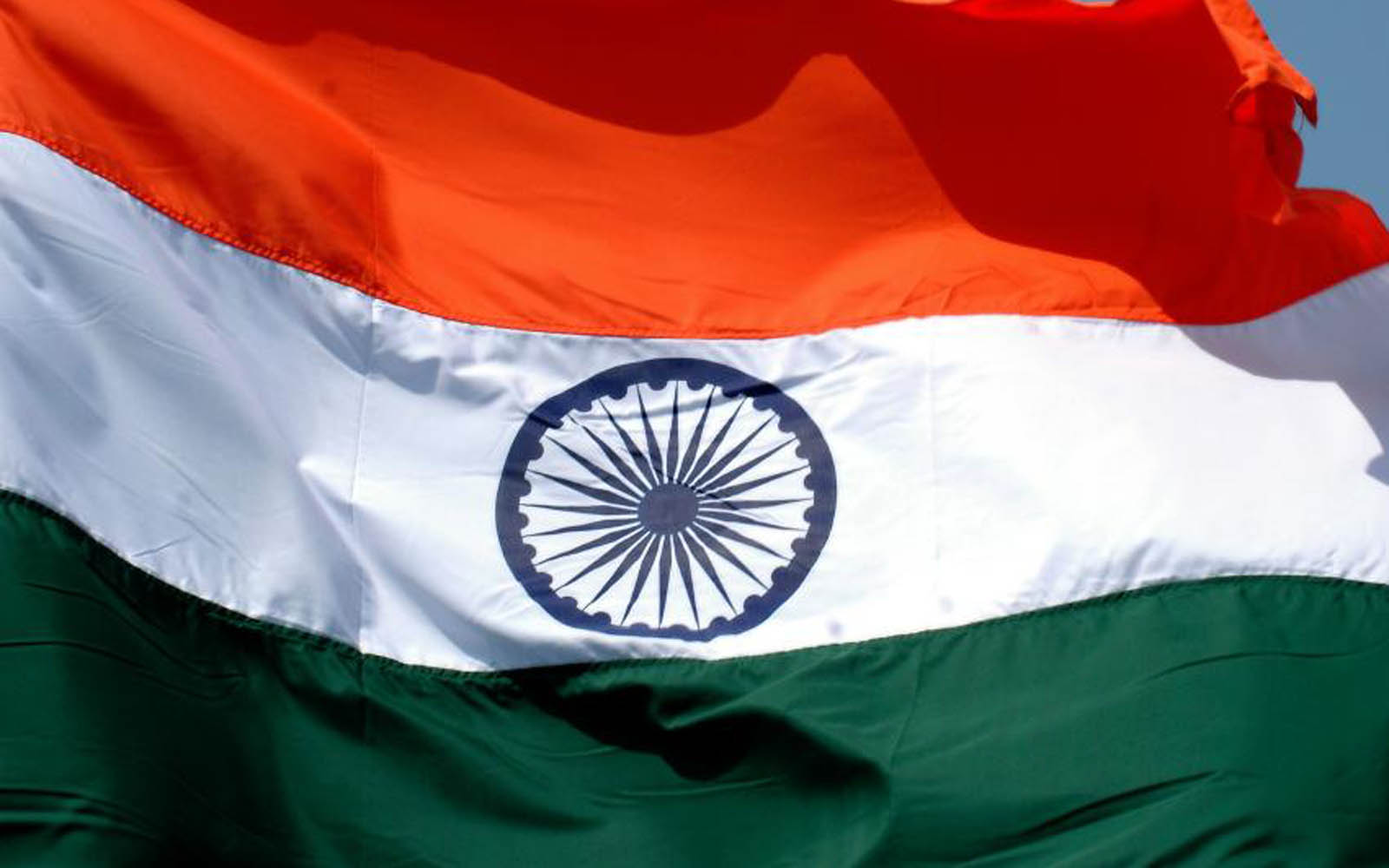
POLITICAL BAHRAIN Rahul Gandhi in Bahrain New Delhi, Tuesday, 9 January 2018 Addressing NRIs in Ba.....
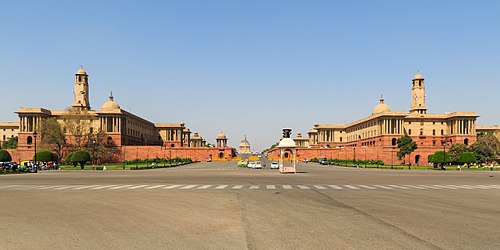
(Monthly Digest of Official Indian Statements on Middle East) BILATERAL ISSUES IRAN Launch of Admissi.....
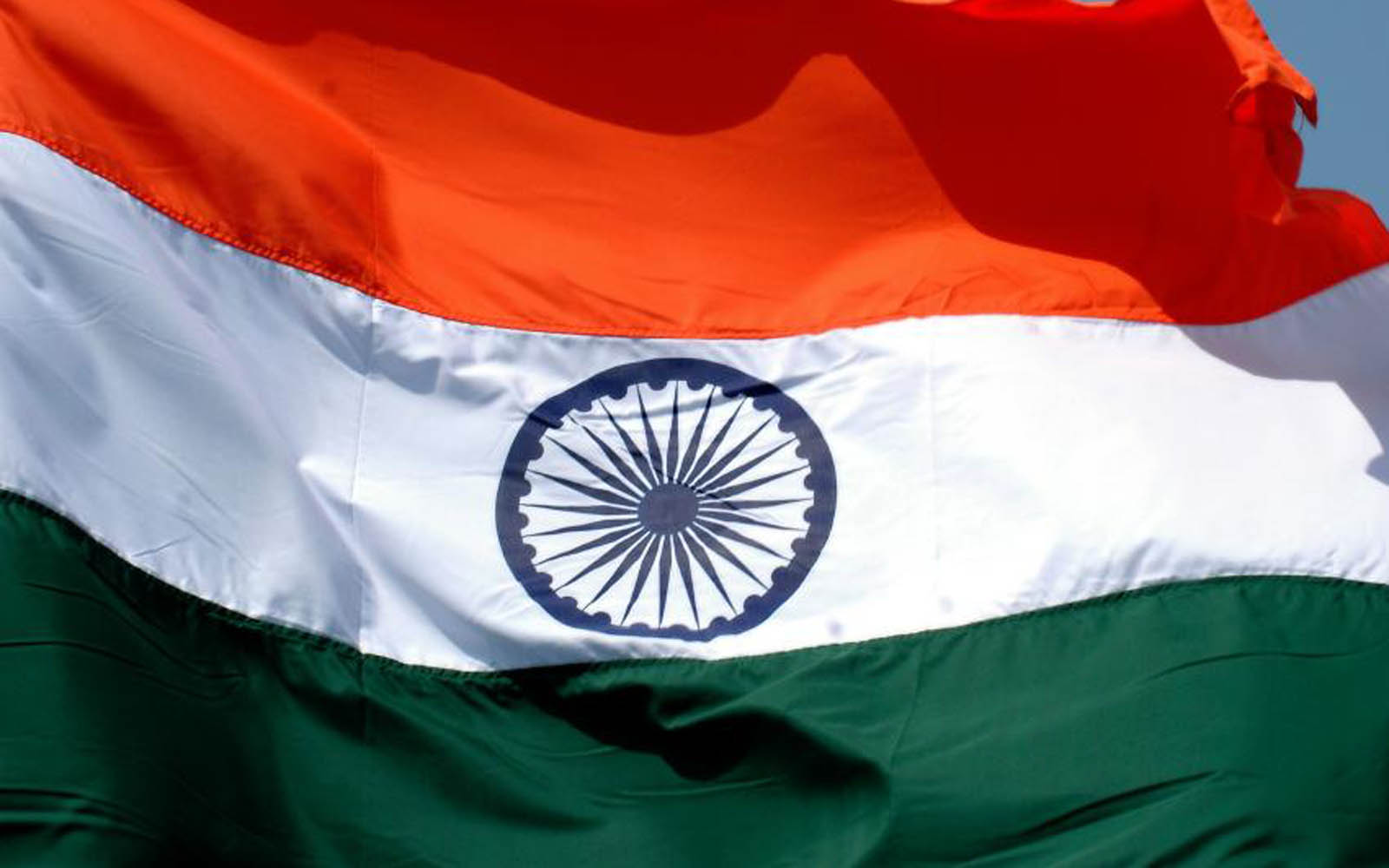
POLITICAL ISRAEL Ministry of Defence scraps $500 million Israeli missile deal, wants DRDO to make in&nbs.....
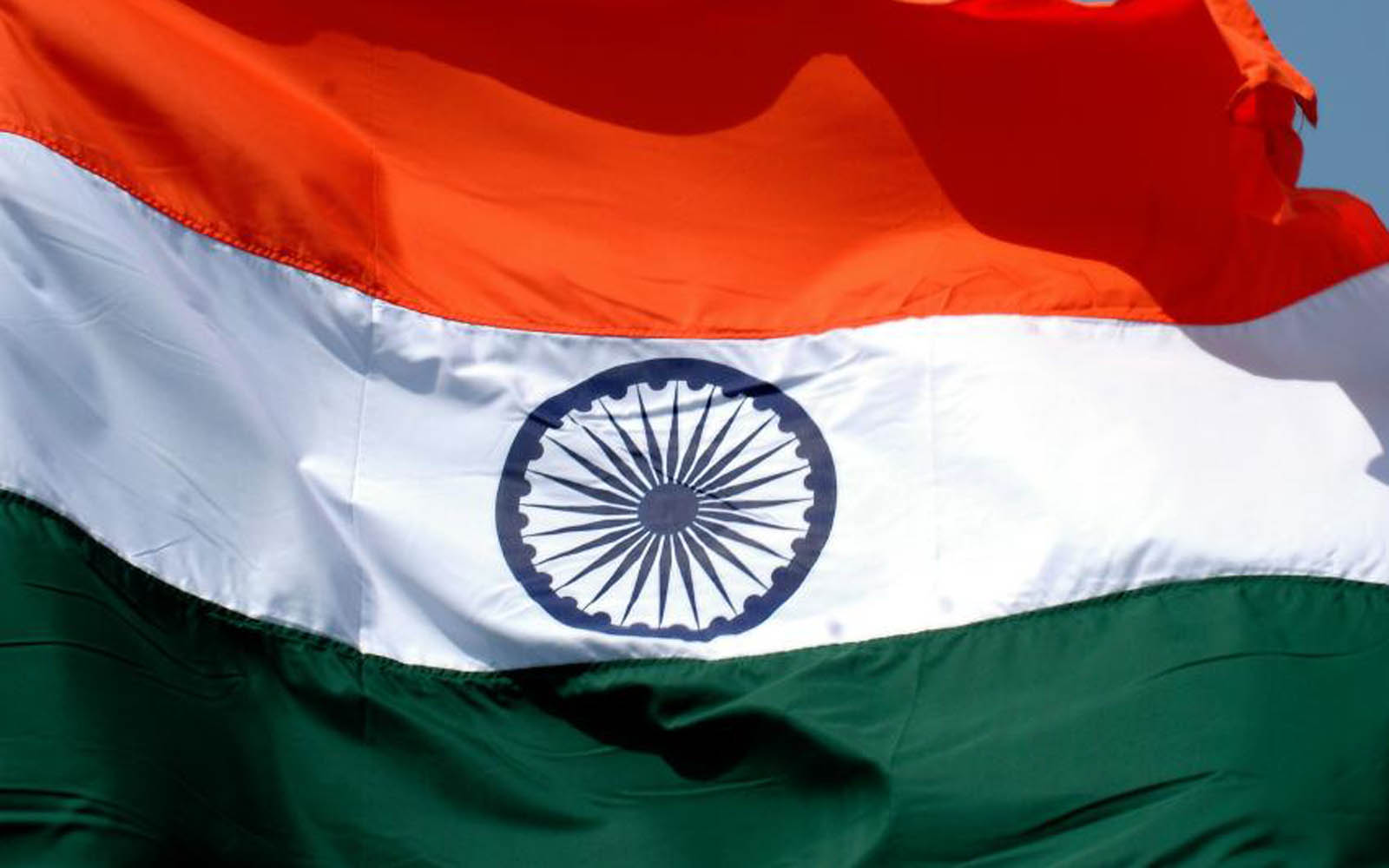
1 January 2018 POLITICAL EGYPT India to set up IT centre in Egypt's Al Azhar University.....
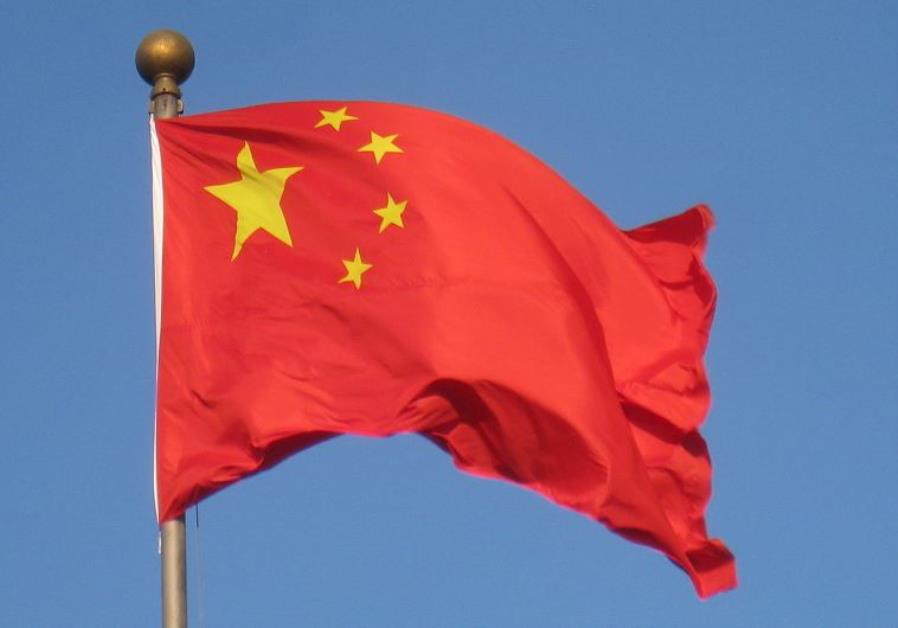
POLITICAL ISSUES JORDAN China’s Foreign Minister Wang Yi meets Jordanian Foreign Minister Ayman Sa.....
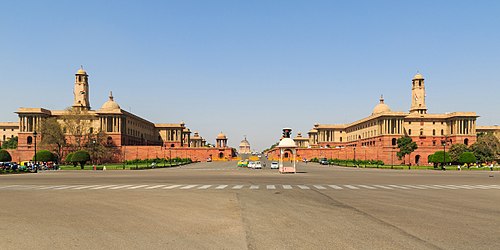
(Monthly Digest of Official Indian Statements on Middle East) BILATERAL ISSUES .....
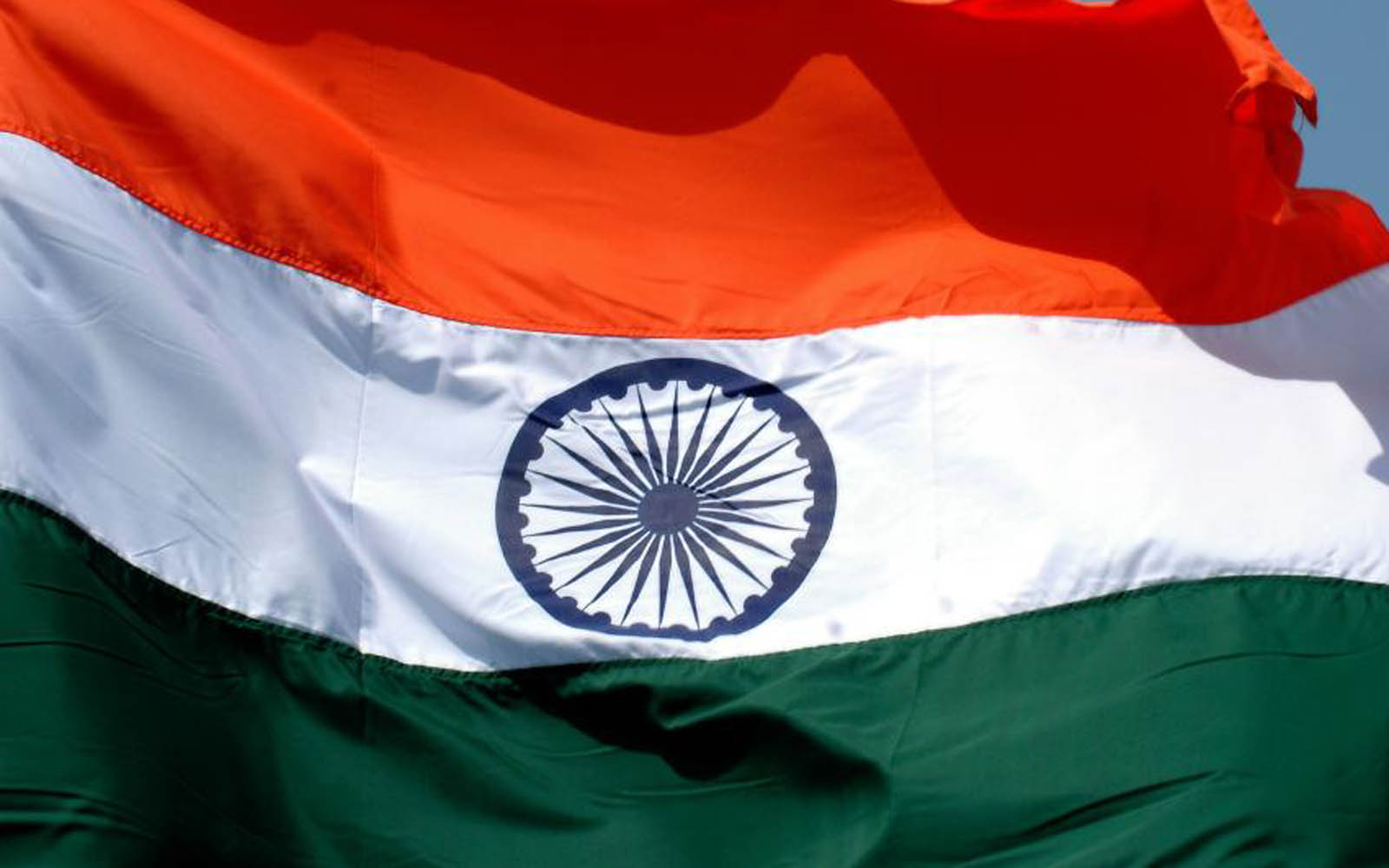
POLITICAL IRAN India defends diplomatic ties with Iran in talks with Rex Tillerson New Delh.....
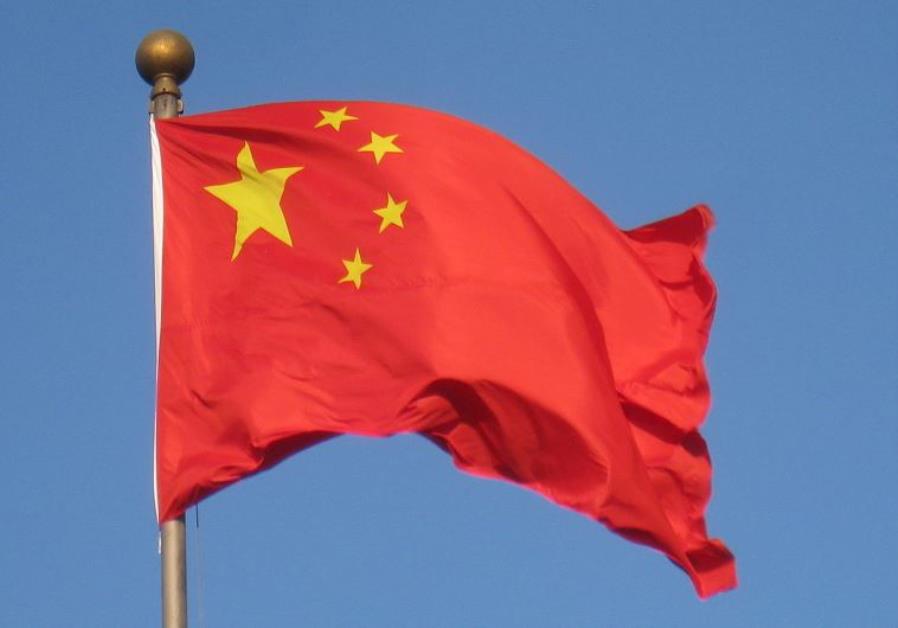
POLITICAL ISSUES EGYPT 1) Egyptian Ambassador talks about bi-lateral ties Beijing, Sunday, 27 August .....
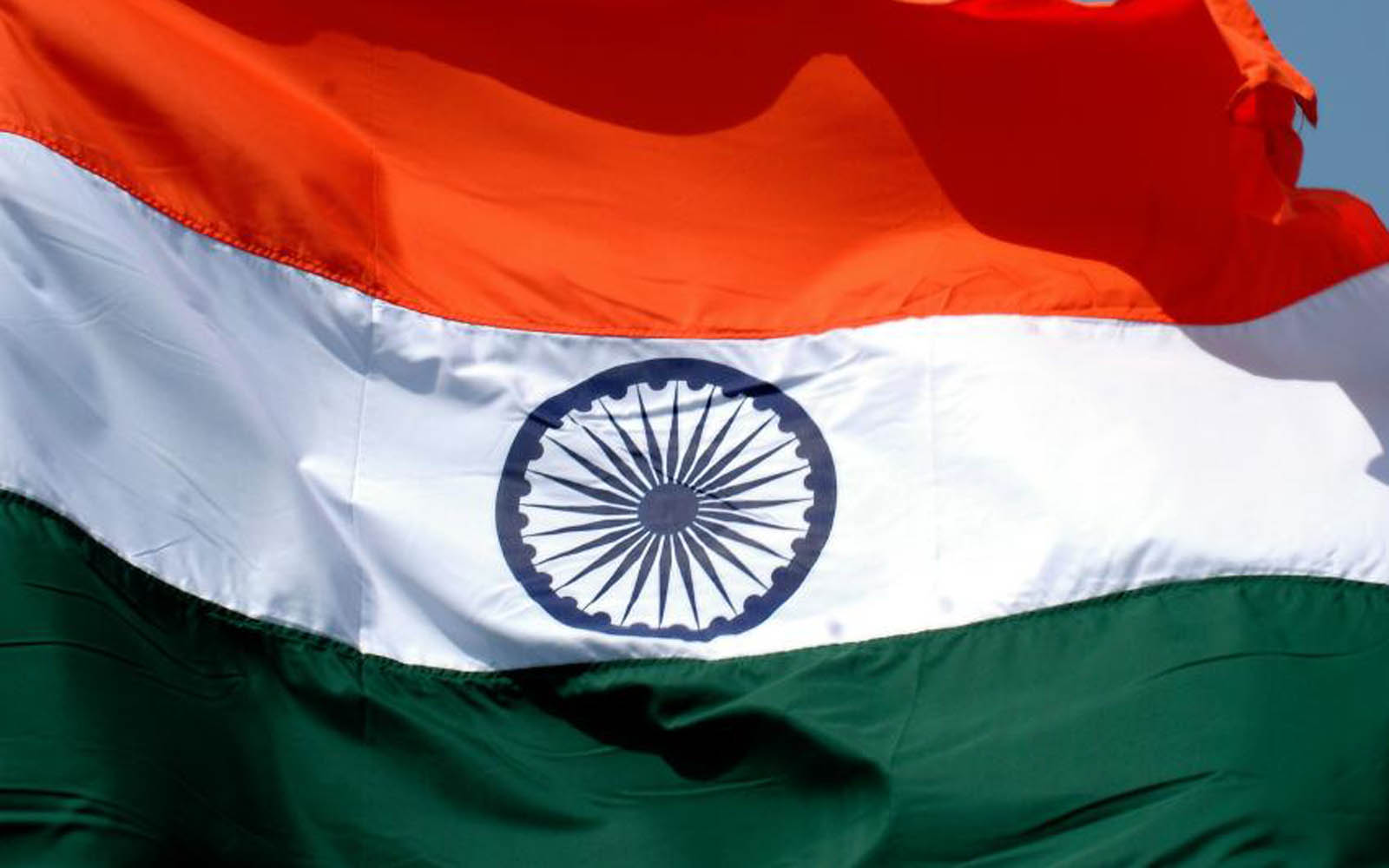
POLITICAL ISRAEL India to bid for Israel oil-and-gas exploration blocks New Delhi, Tuesday, 5 Septemb.....
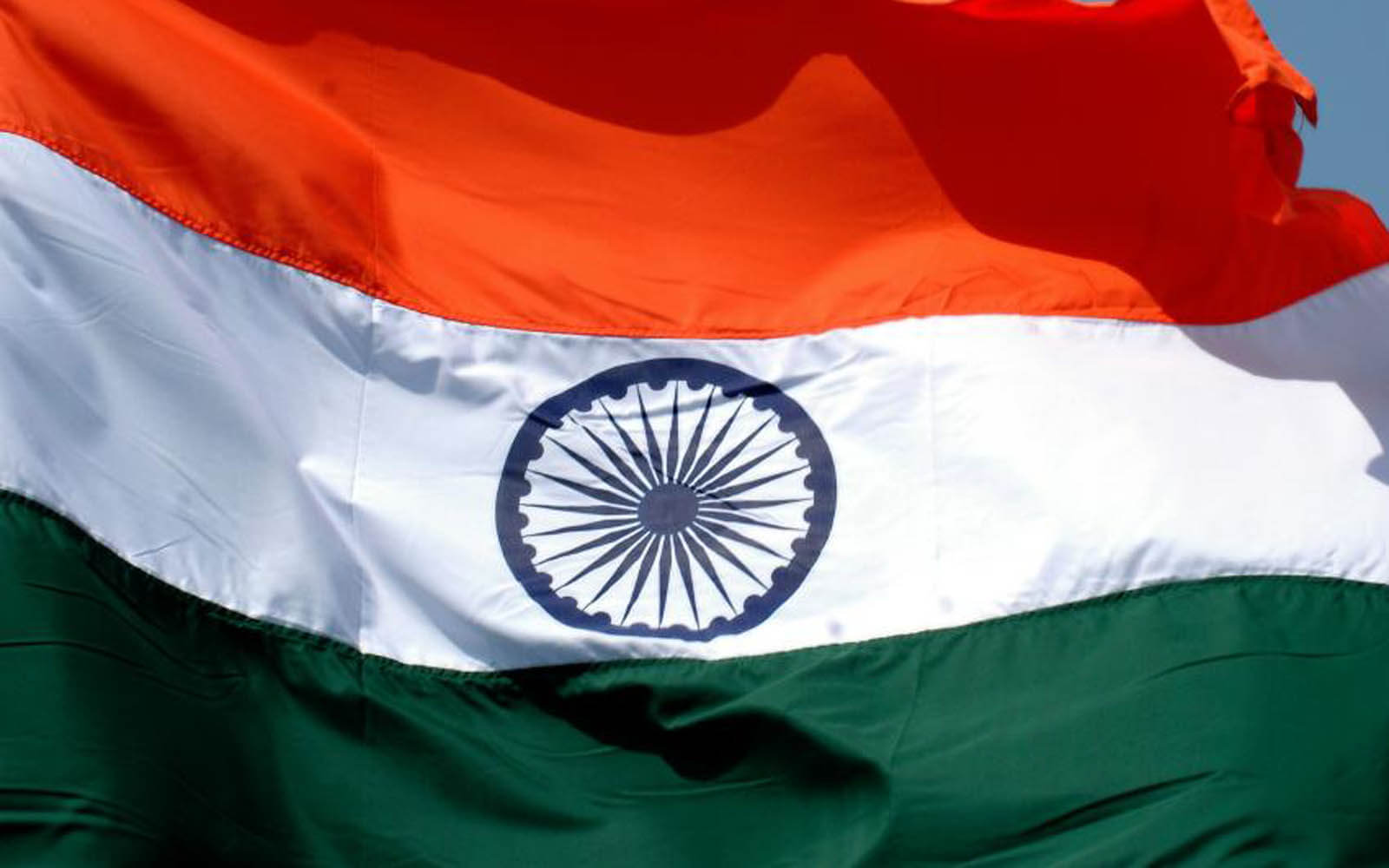
POLITICAL ISSUES EGYPT 1. India, Egypt to support each other’s candidates for UNESCO, ICJ .....
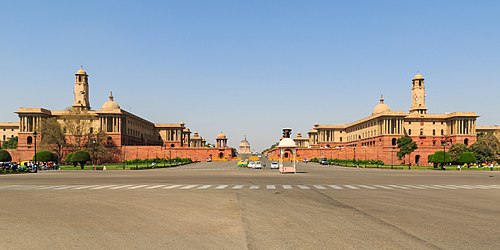
BILATERAL ISSUES IRAN 1. 6th Meeting of Joint Committee on Ports and Maritime Cooperation between t.....
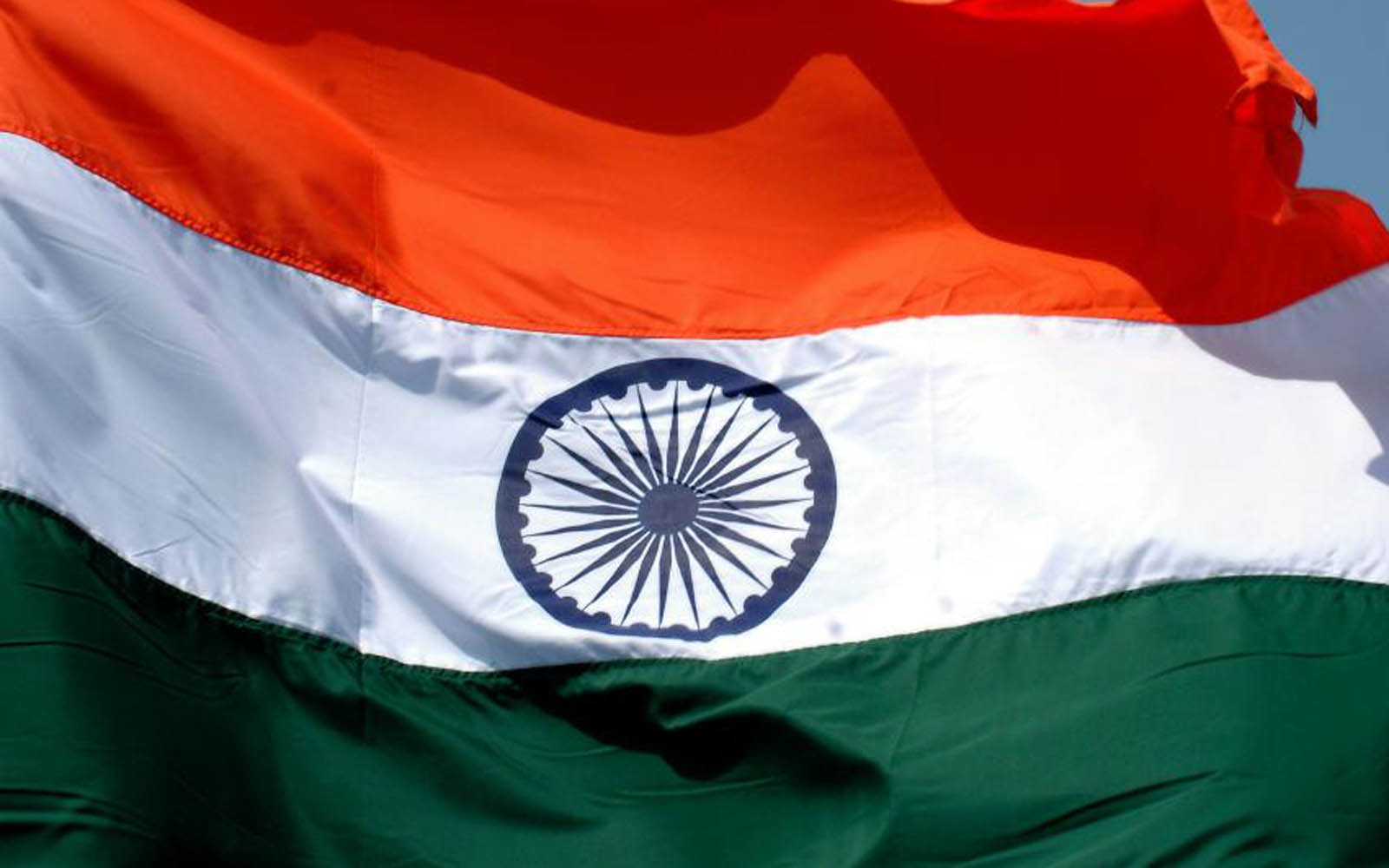
POLITICAL ISSUES IRAN 1. Cabinet approves Bilateral MoU between India and Iran New Delhi, Wednesday, .....
